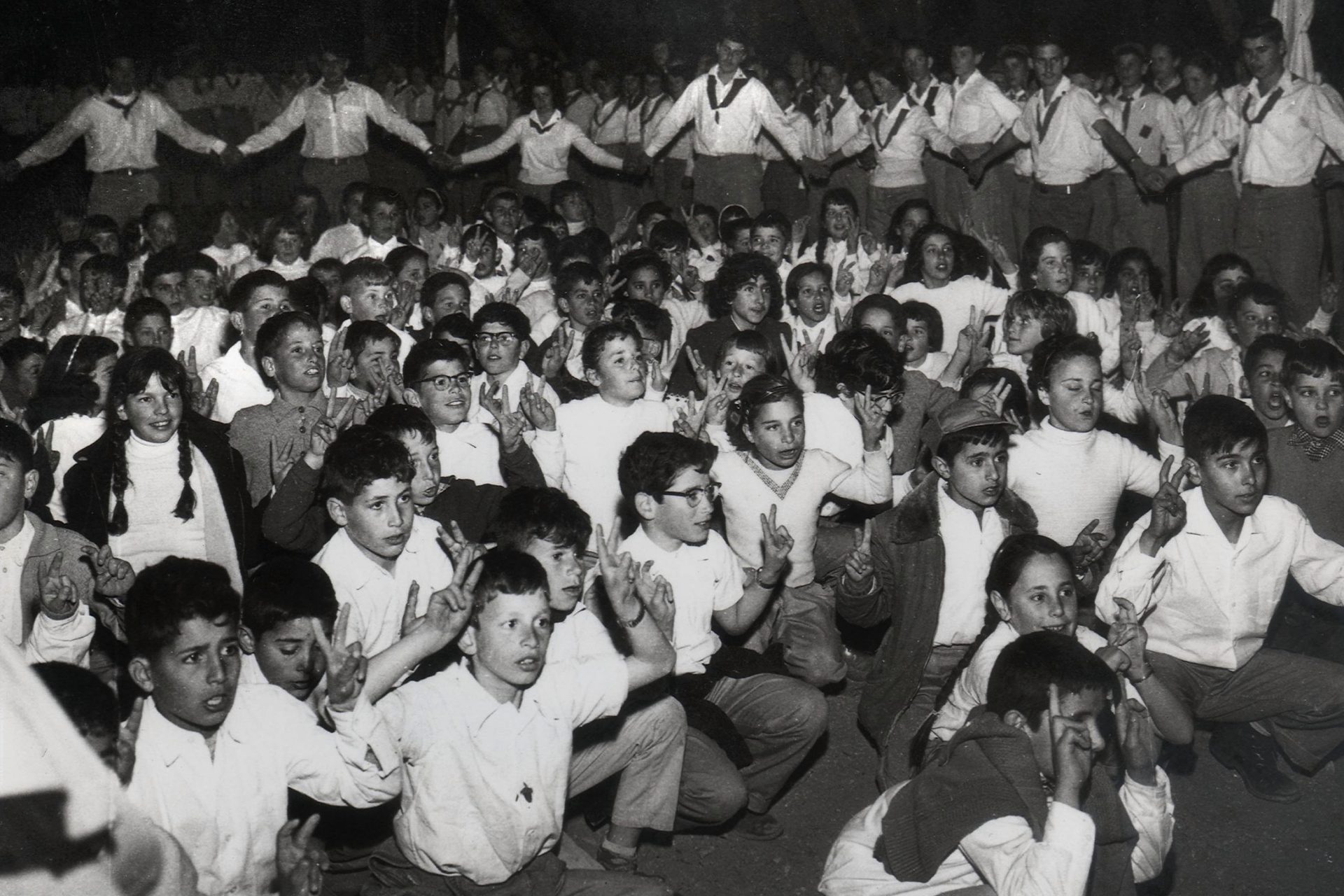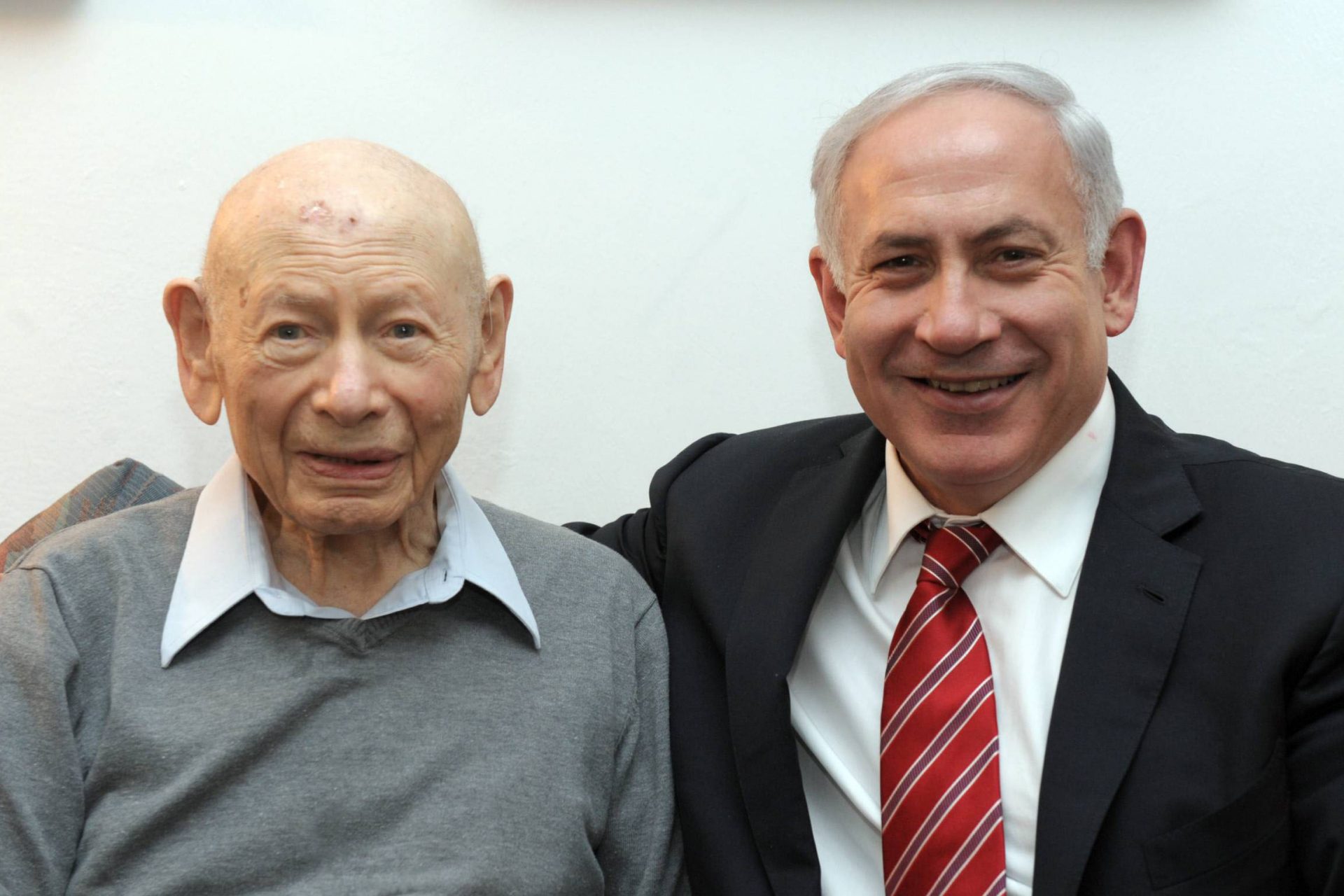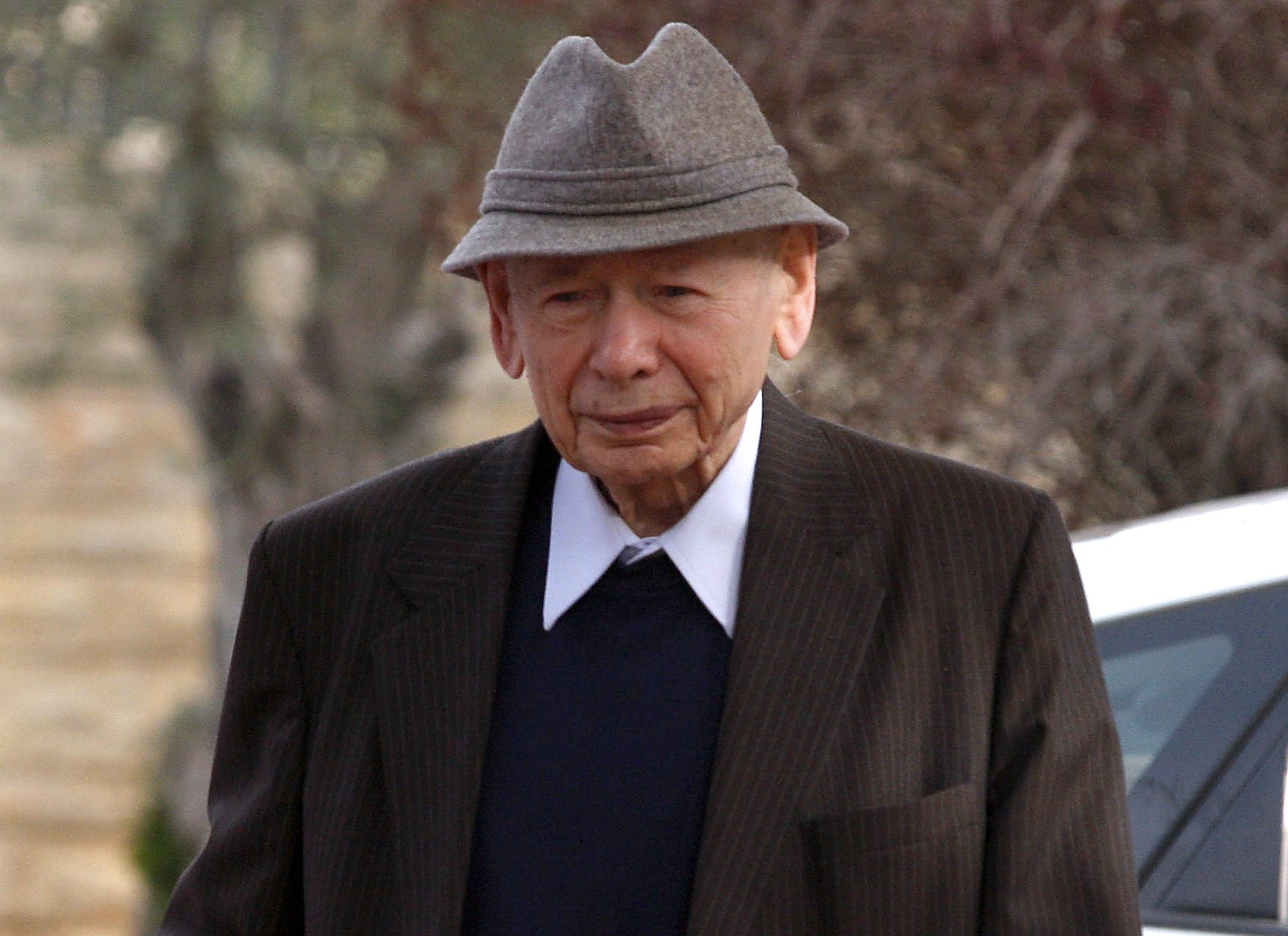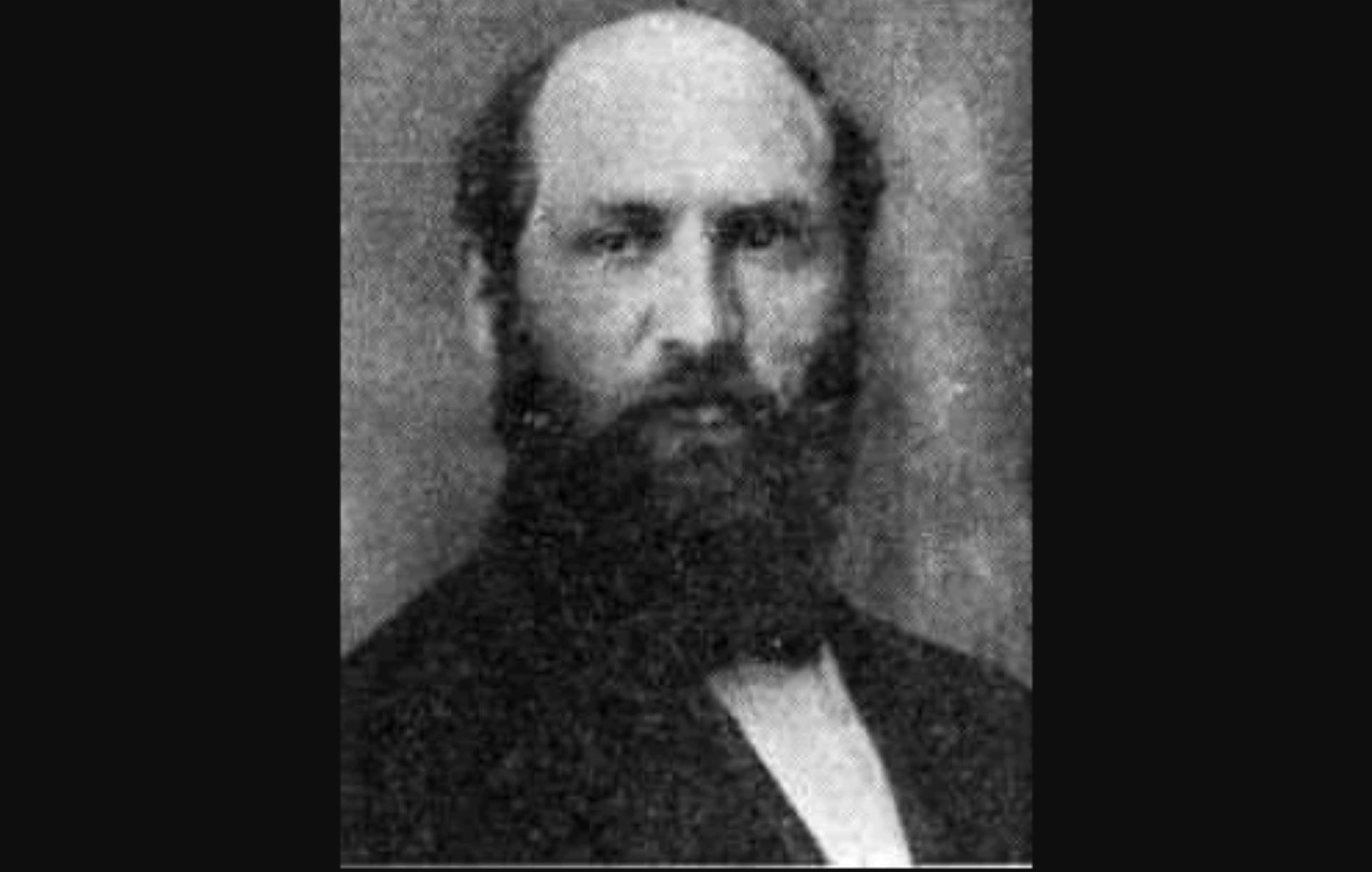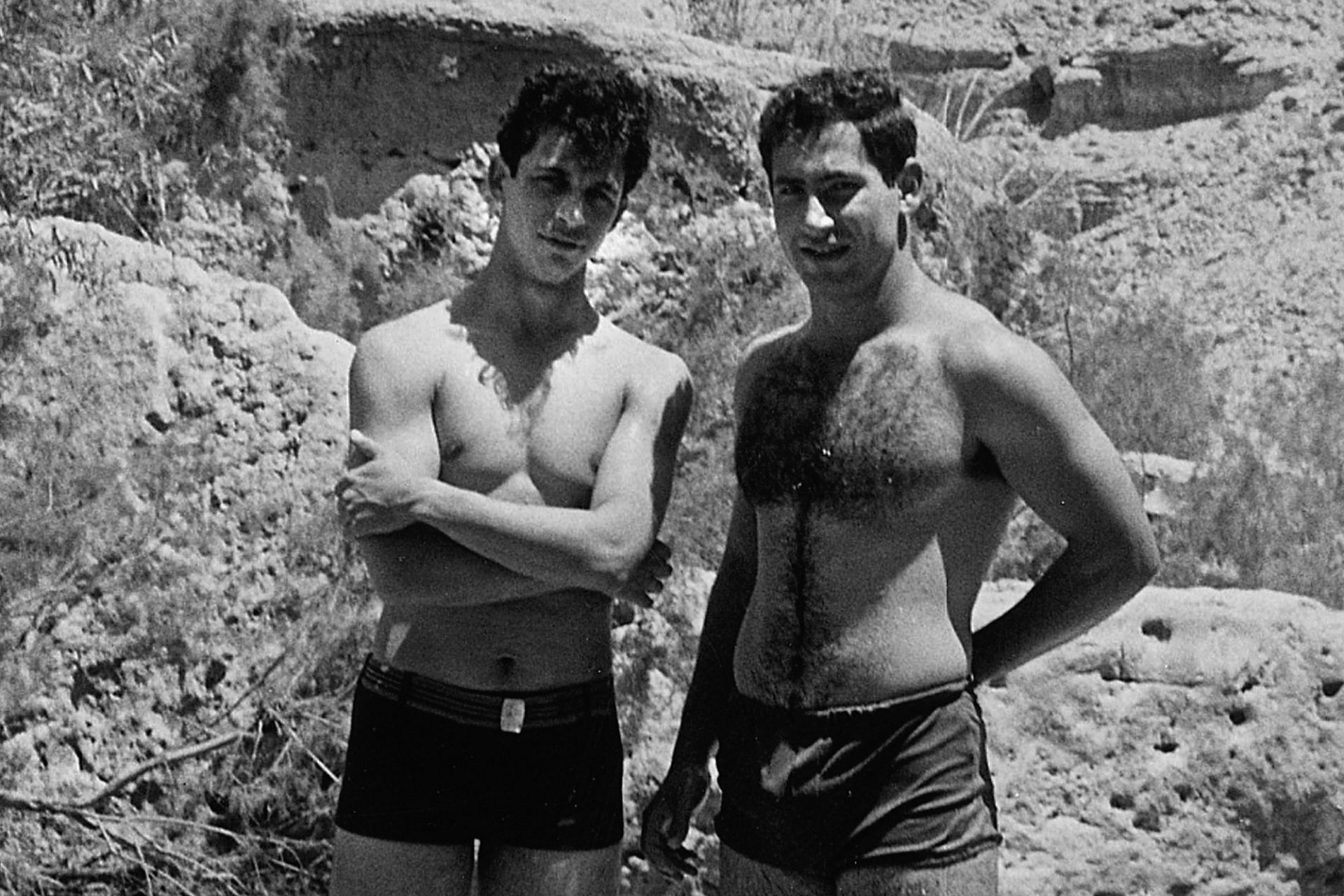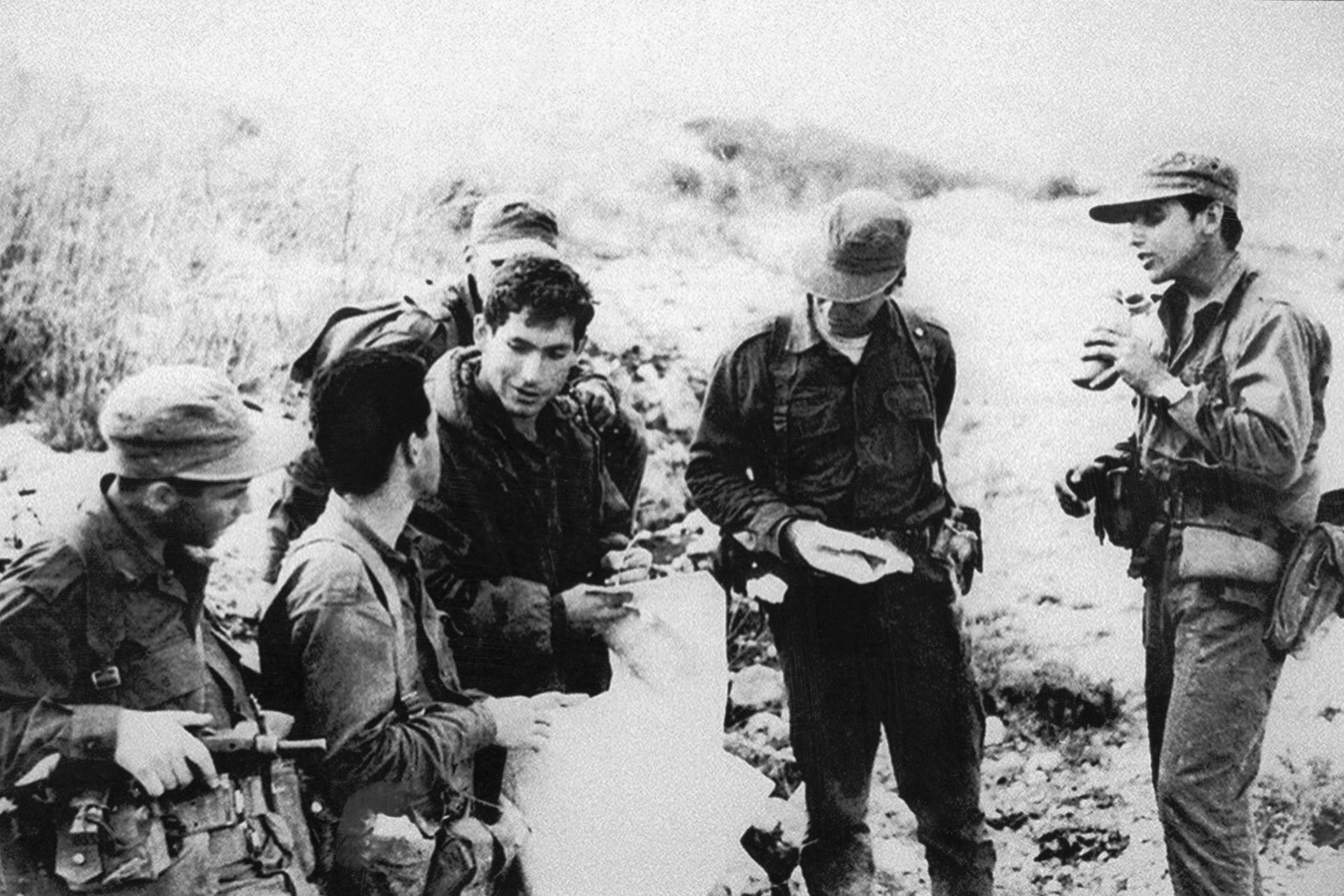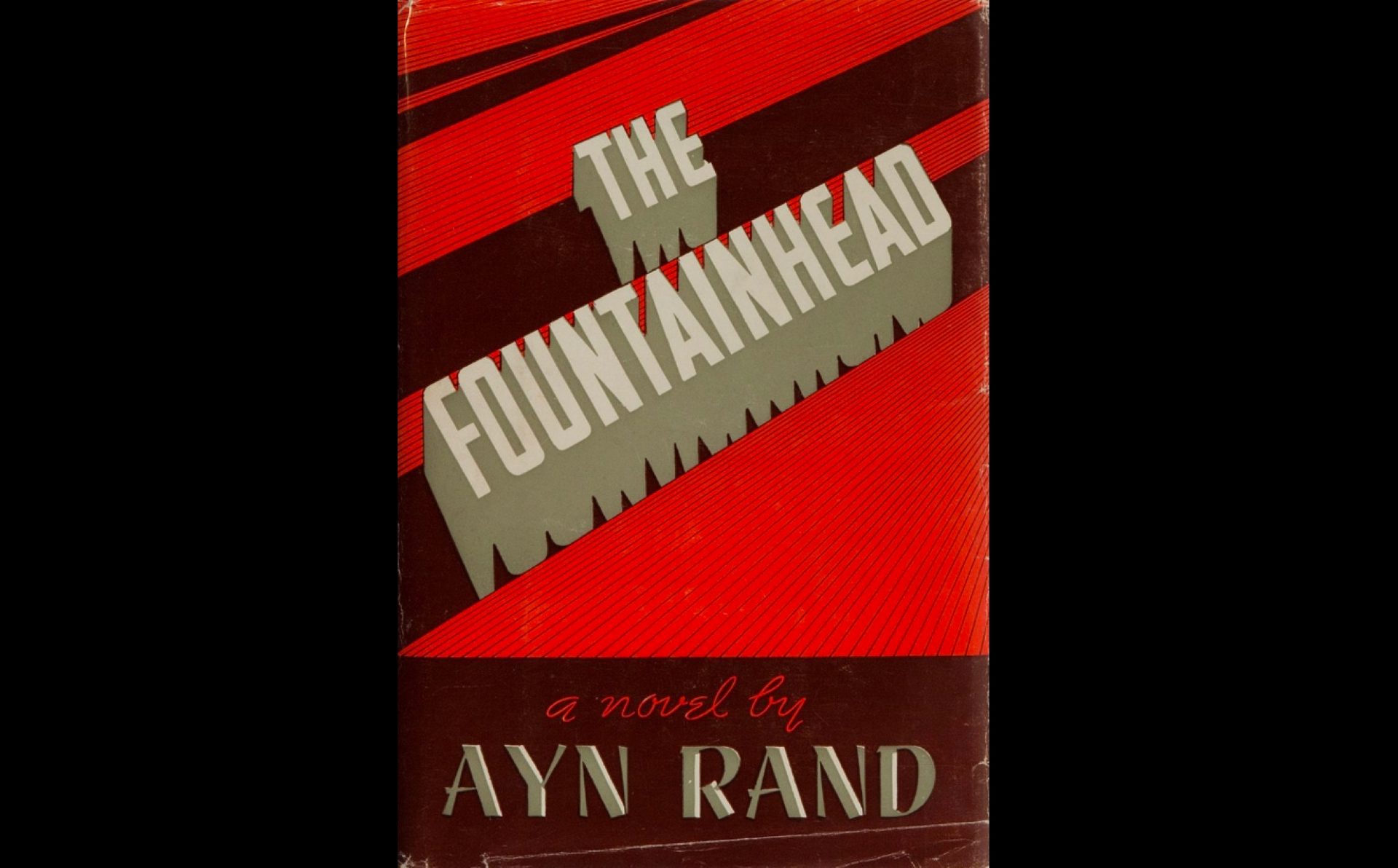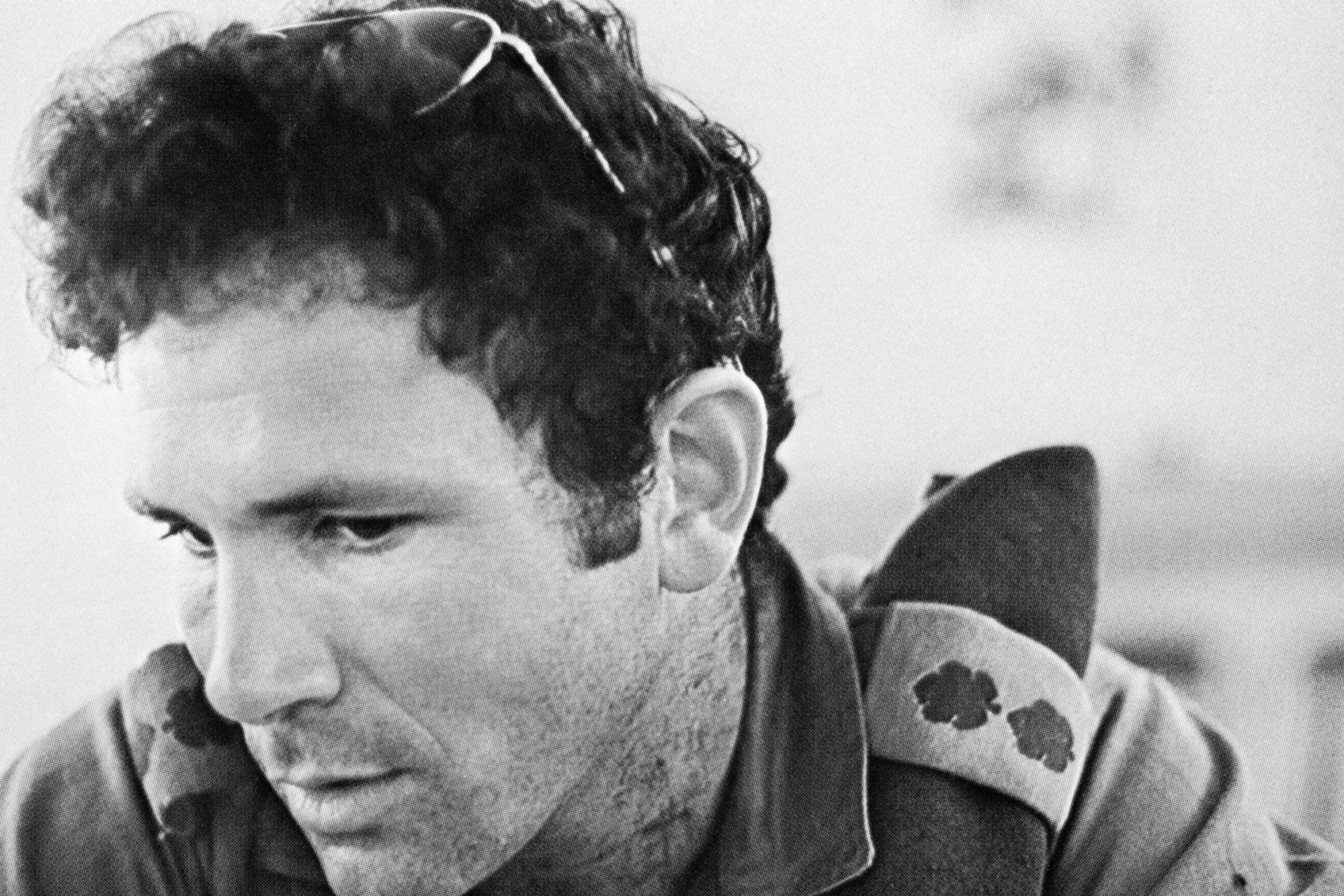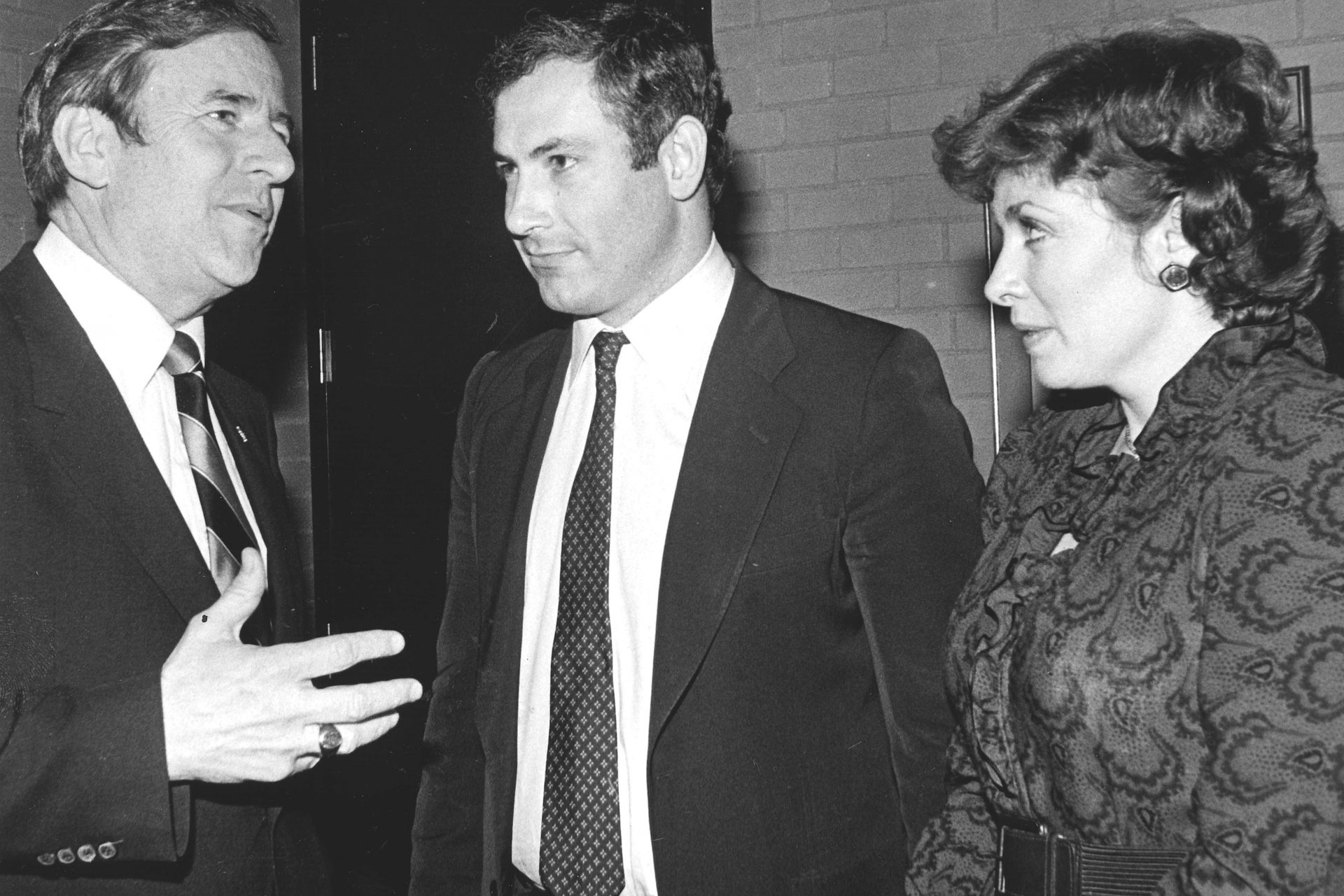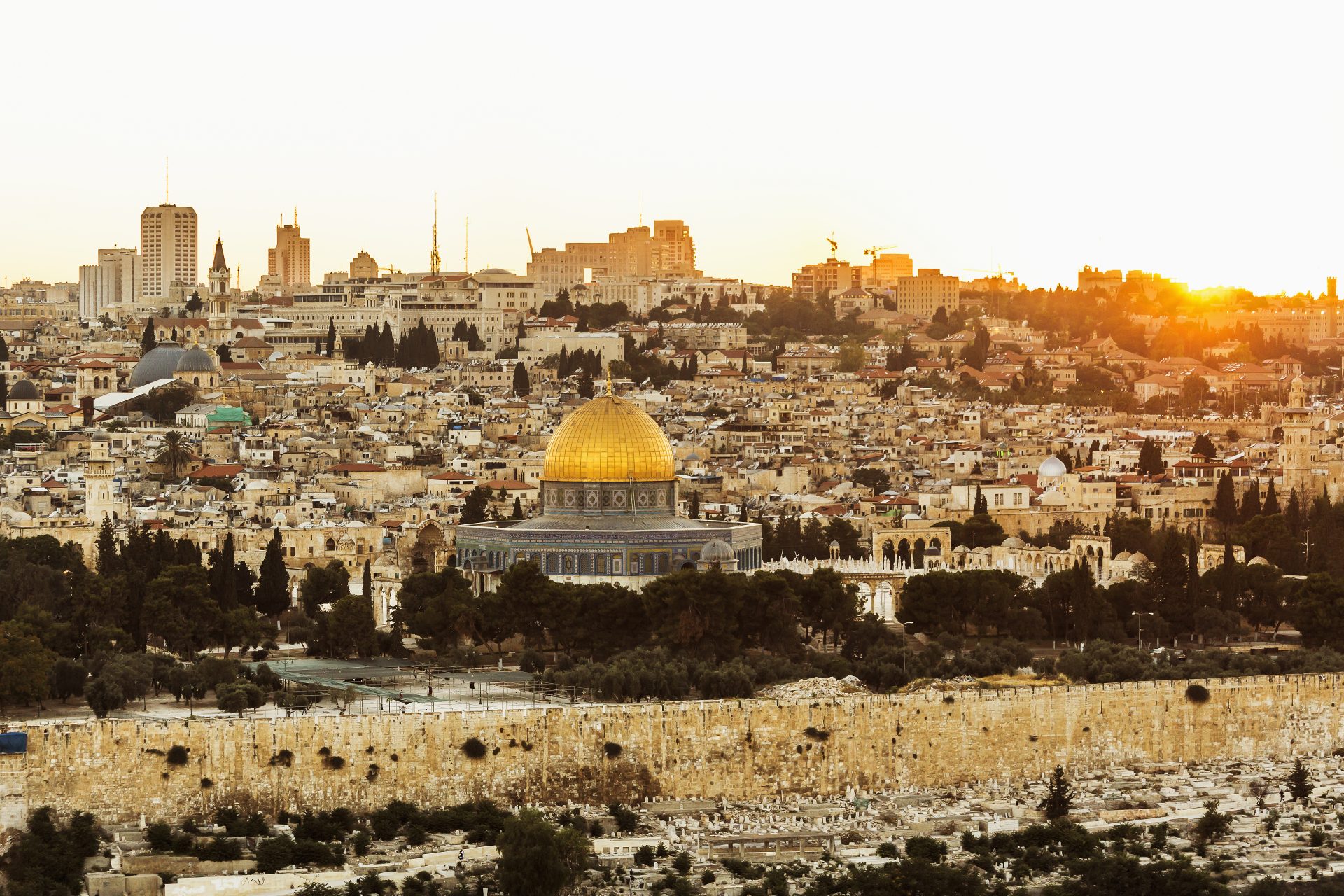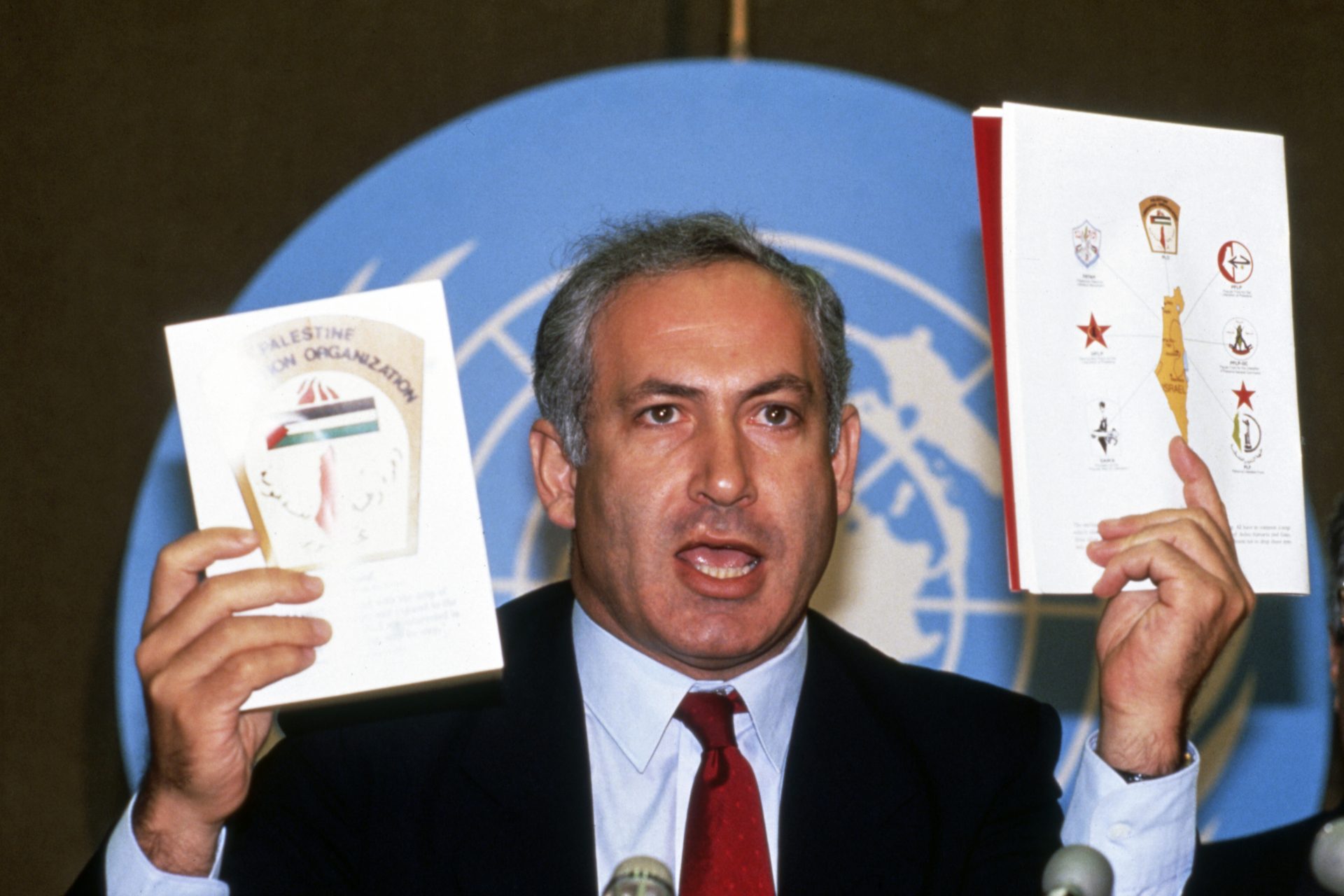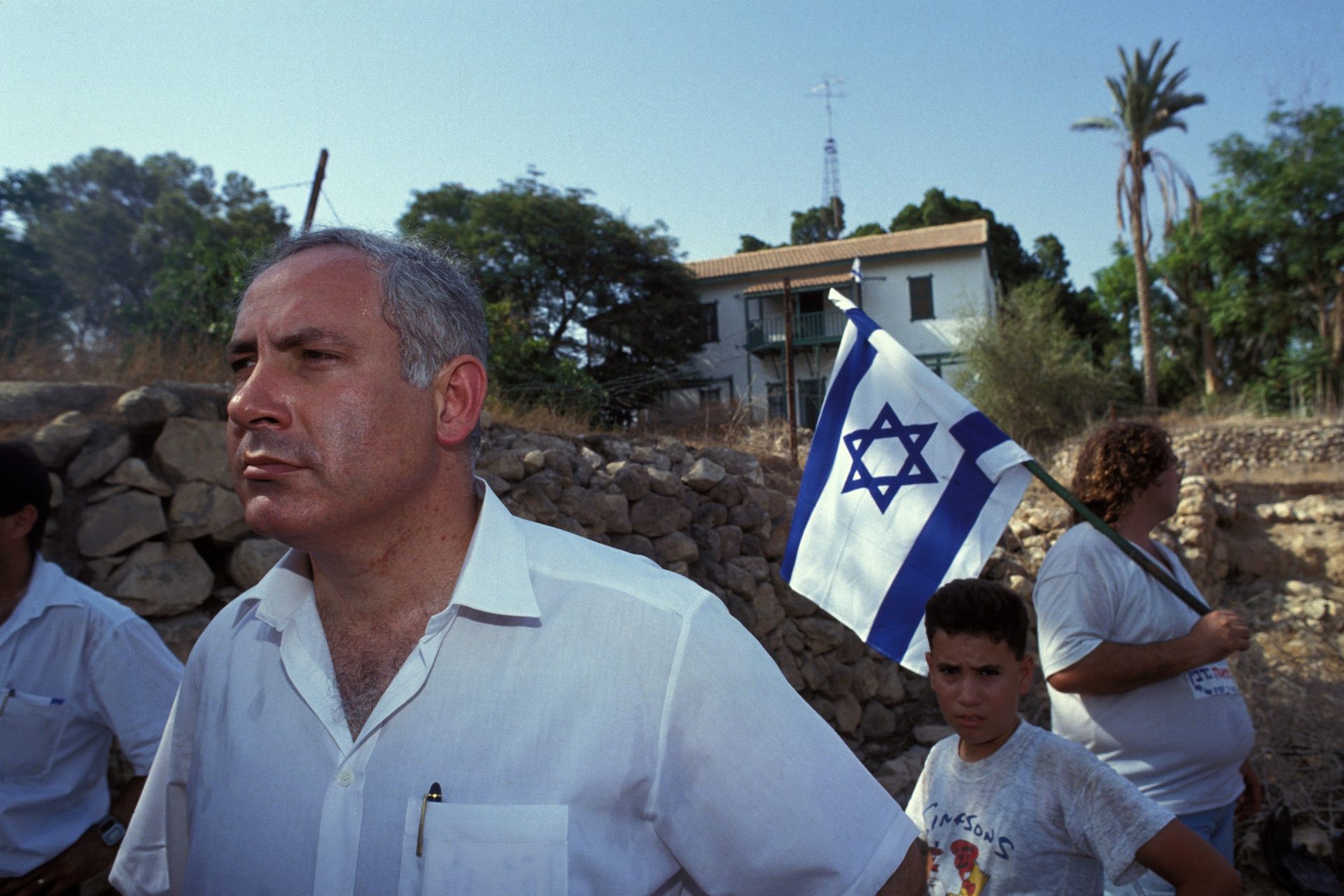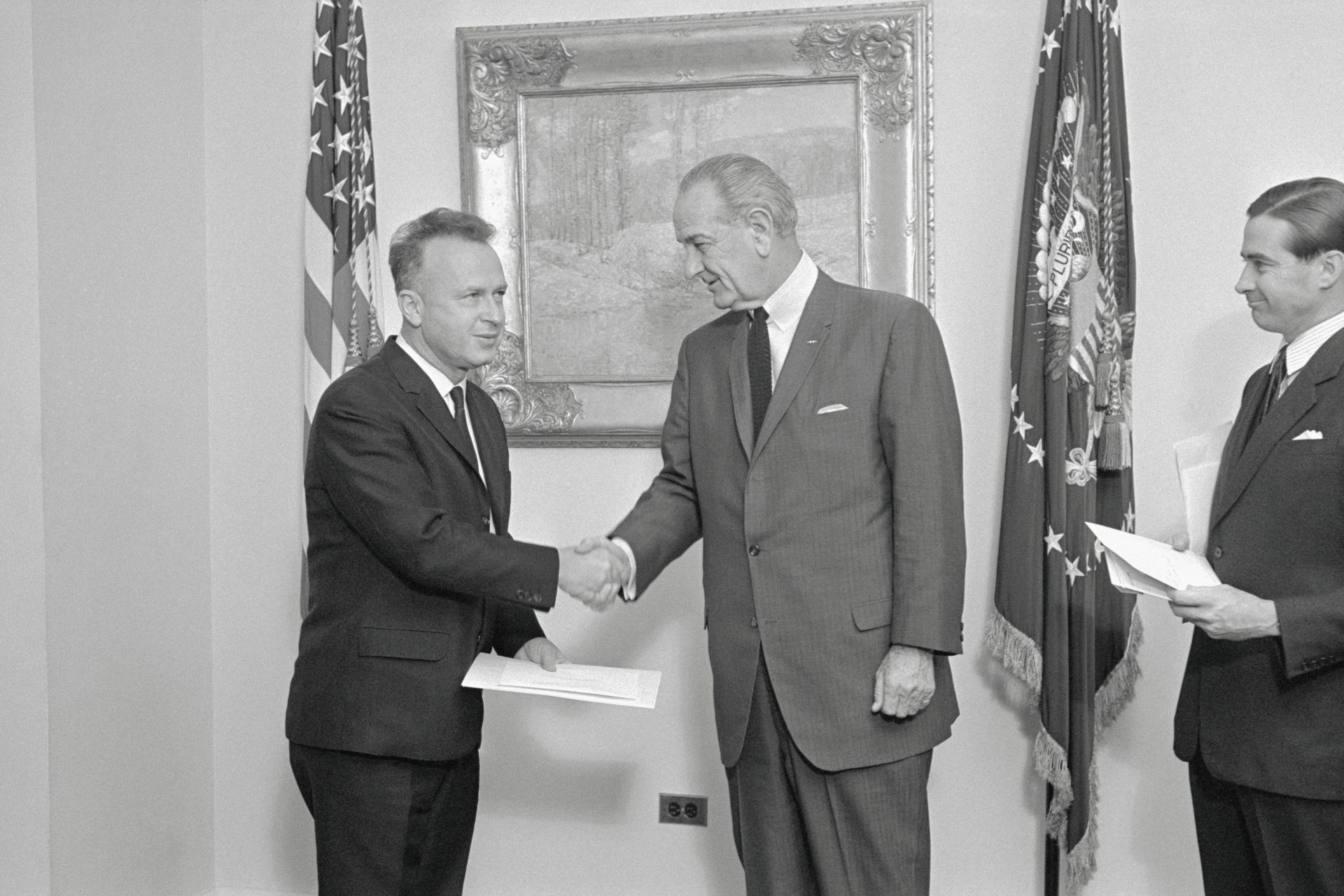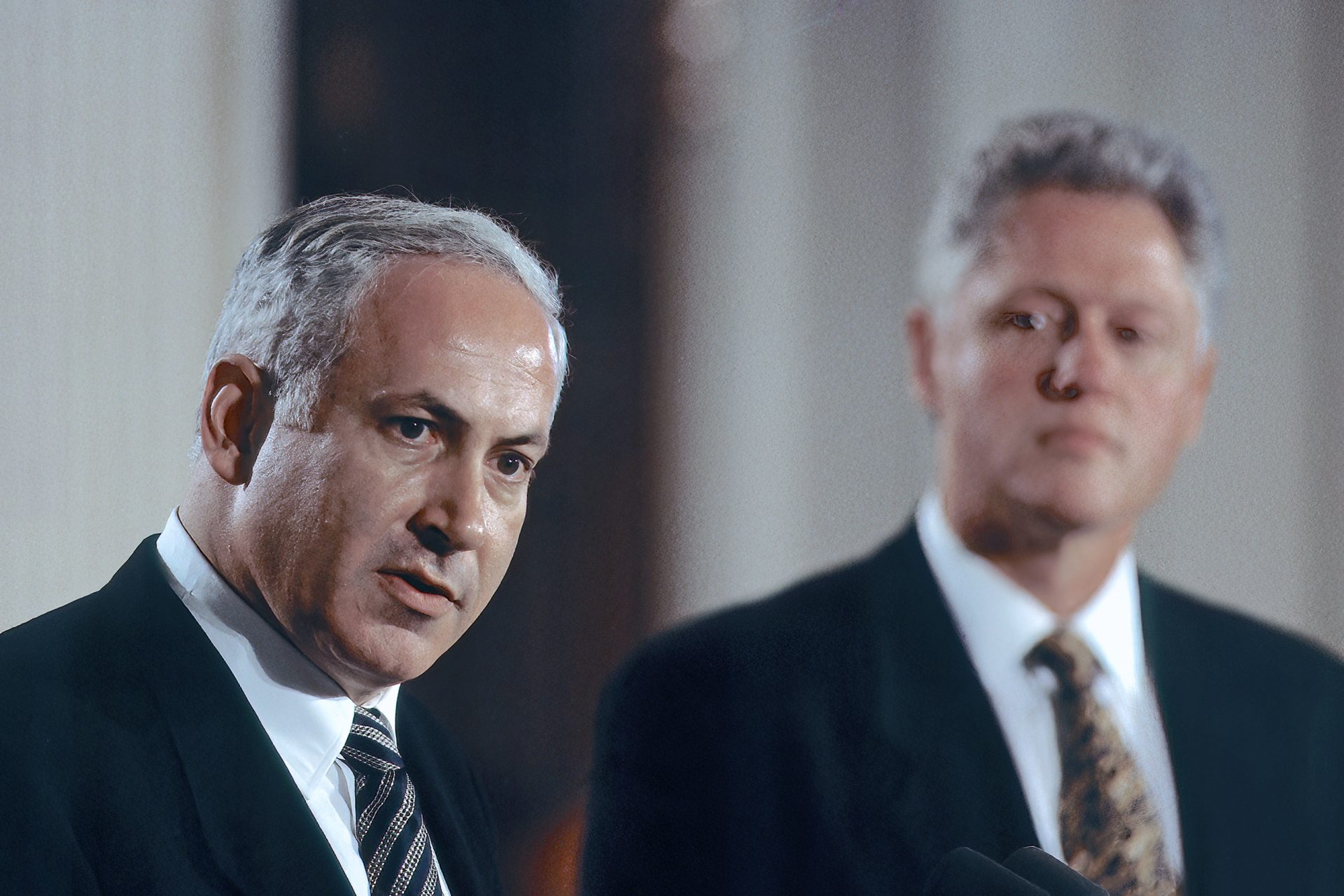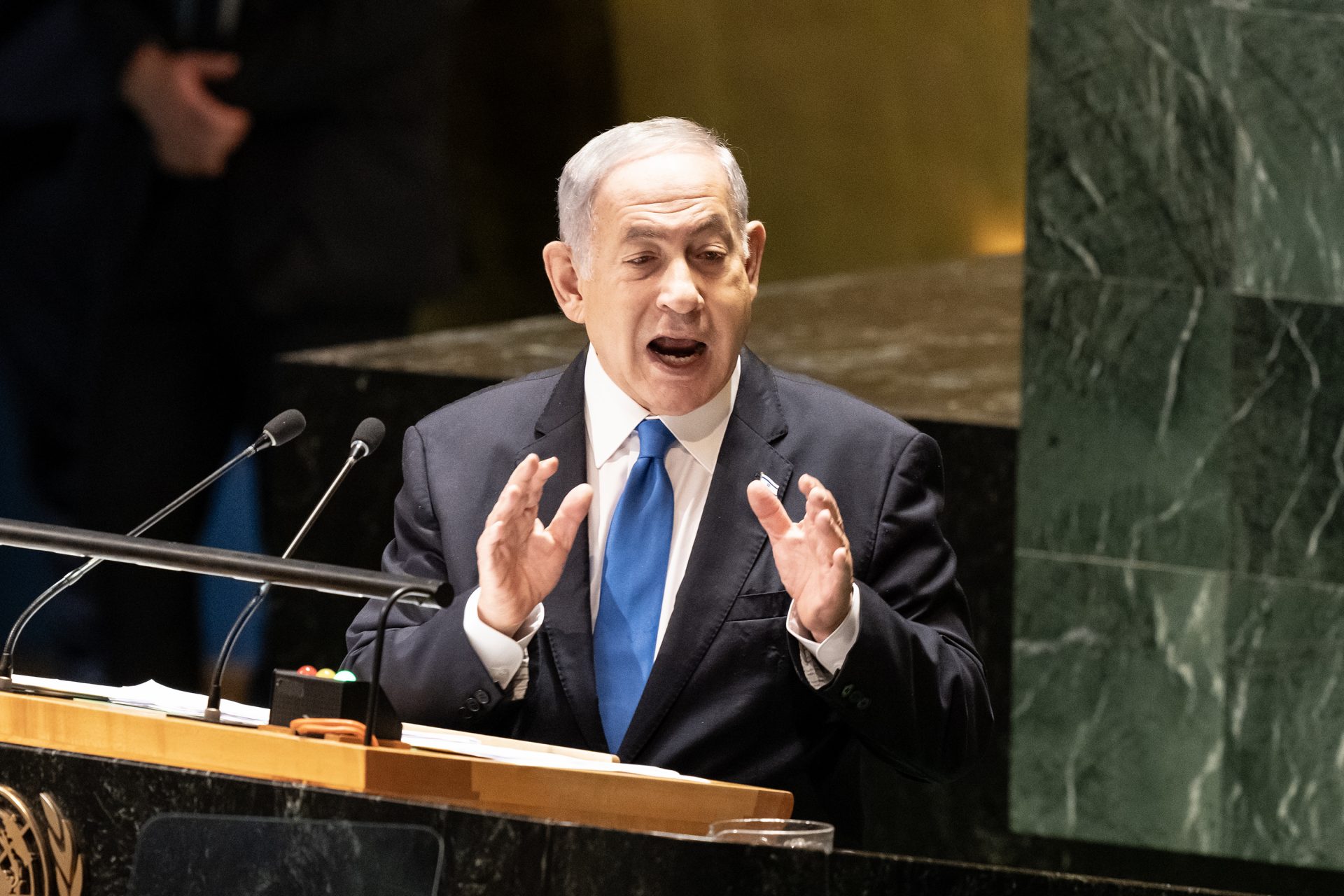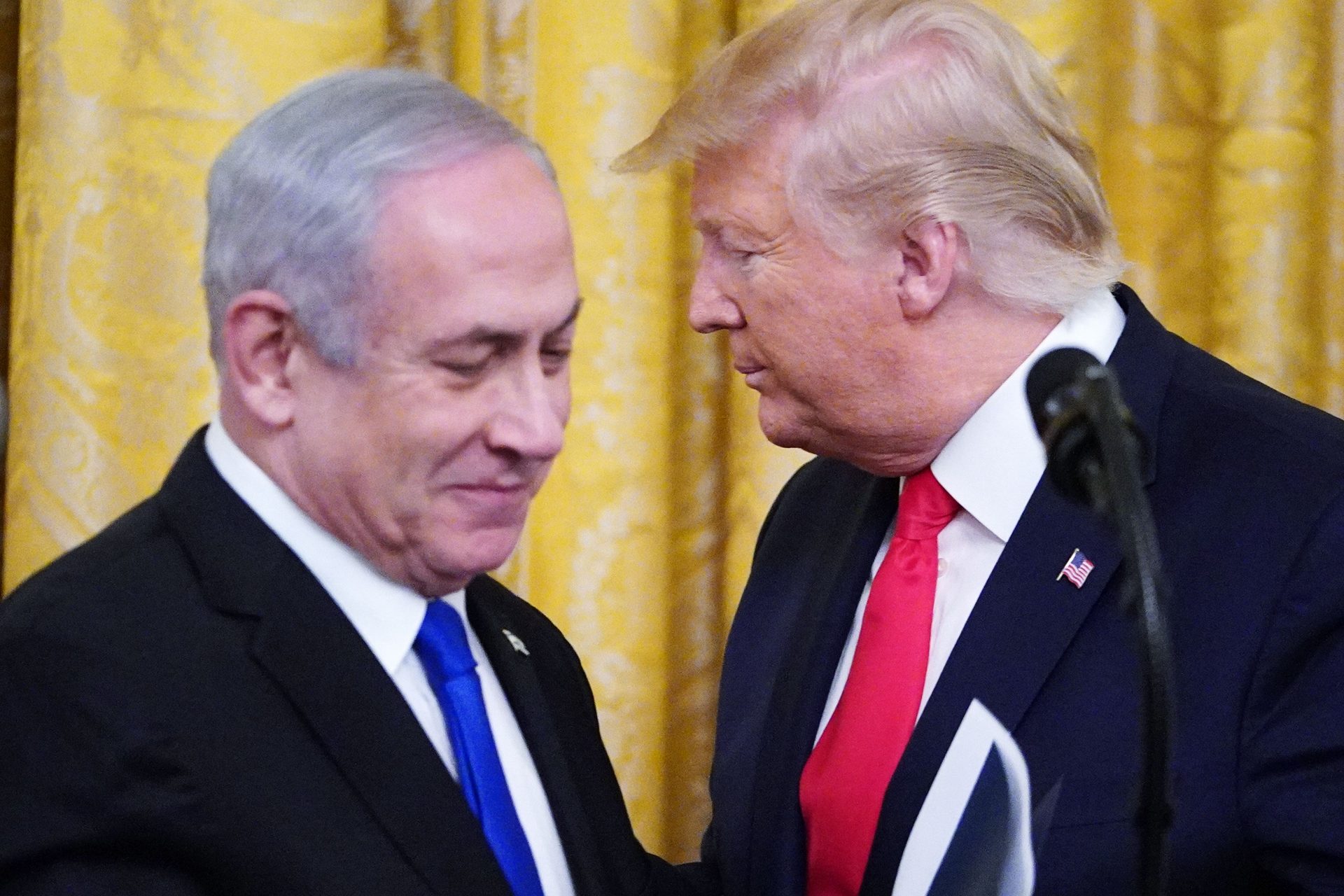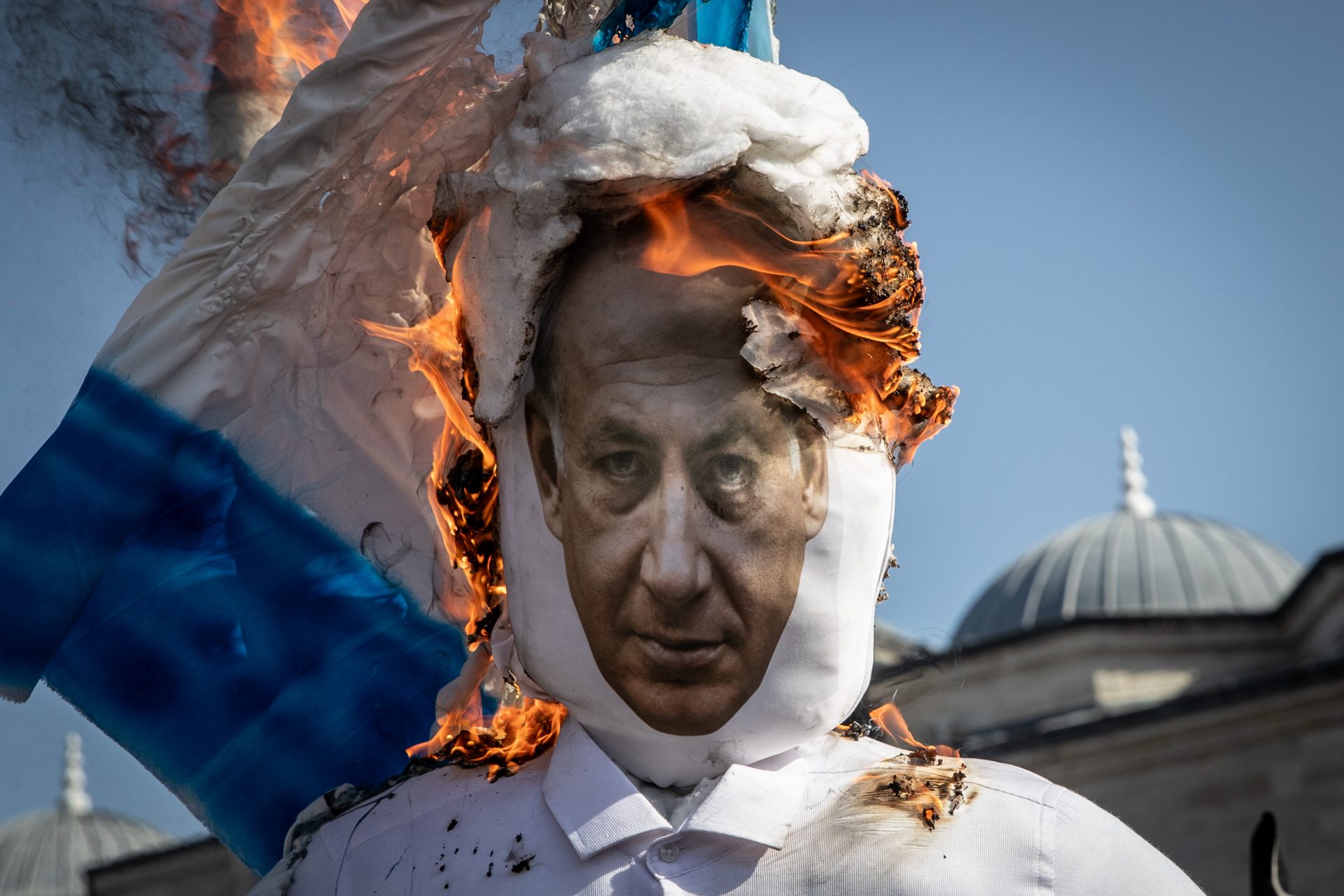Who is Israeli Prime Minister Benjamin Netanyahu?
As the Israel-Hamas conflict causes divisions and ripples across the world, threatening to spill over into a larger war, the country’s Prime Minister Benjamin Netanyahu holds a huge amount of power. It is up to him to determine how far his nation will go to respond to the Oct. 7 Hamas attack.
Known by his nickname ‘Bibi,’ Netanyahu is the longest-serving prime minister of Israel, shaping the country’s political scene since the mid-1990s. But who is he? What does he believe? And how did he become so influential?
Netanyahu was born to a secular family in Tel Aviv in 1949, just months after Jewish leaders declared the State of Israel. This made him the first Israeli prime minister born in the Israeli state.
Image: Young Benjamin Netanyahu (3rd L, 2nd Row) during a scouts event June 10, 1957 in Jerusalem.
According to a New Yorker profile, this was a common refrain in Israel. Netanyahu’s father Benzion was a historian and fringe activist in the right-wing Revisionist Zionism movement that lobbied the US to support the creation of a Jewish state.
When Benzion died, age 102, in 2012, his obituary in the New York Times described him as “relentlessly hawkish.” “He argued that Jews inevitably faced discrimination that was racial, not religious, and that compromising with Arabs was futile,” it reads.
Netanyahu’s paternal grandfather Nathan Mileikowsky played a role in the foundation of Israel. Born in Russia, he saw the pogroms and anti-Semitism there and saw the settlement of Israel as the answer to Jewish problems, according to the biography 'Bibi' by Anshel Pfeffer. Not only did Mileikowsky move to British-controlled Palestine in 1920, he rallied support for the state in England and the US.
Image: Unknown photographer, via Wikimedia
Netanyahu (right) spent much of his life, even from childhood, bouncing between Israel and the United States, where his dad taught at universities. Alongside his brother Yoni, whom he admired greatly, he got to see both worlds. According to Pfeffer, Netanyahu was an intelligent child and particularly excelled in public speaking later on.
After graduating from a Pennsylvania high school in 1967, he enrolled in the Israeli Defense Forces. There, he rose to become a team leader. Taking part in missions in raids, he has described how he had several close brushes with death. He became a commando, leading attacks in Syria and serving in the Yom Kippur War.
During breaks from his military career, he studied architecture in the United States, perhaps inspired by the main character in his favorite book at the time, according to his biographer, 'The Fountainhead' by Ayn Rand. He eventually got a master’s degree in business from the MIT Sloan School of Management.
Image: The Fountainhead, 1943, Bobbs-Merrill Company via Wikimedia
While Bibi was studying in the US, his brother Yoni (Yonatan) remained in the Israeli army and was increasingly admired as a hero — much more than Bibi. However, responding to the Palestinian hijacking of a passenger flight in Uganda, he was killed in action. According to the New Yorker, schoolchildren in Israel know him as a martyr and an important thinker.
Benjamin had been working as a business consultant, but his brother's death flamed his passions, turning his attention to politics. After his death, Bibi started an antiterrorism foundation in his brother’s name, which brought him into politics. "My brother's death changed my life and directed it to its present course," Netanyahu told Newsweek. "It didn't shape my worldview. It reaffirmed it."
Image: American pastor Jerry Falwell with Benjamin and Fleur Netanyahu
While Bibi has a very American worldview, Pfeffer defines Netanyahu’s mindset as paranoid and power-hungry. He asserts that Bibi believes Israel’s “existence remains as precarious as that of the Hasmonean dynasty of Judea,” which is to say, Israel, despite its achievements, is always hanging on by a thread. Those beliefs echo those of his father.
Living most of his non-military life in America, Netanyahu began making political connections and eventually started working in the Israeli Embassy in Washington. He became the go-to talking head for many American television networks, explaining the situation in Israel, according to the Pfeffer biography. He was Israeli Ambassador to the UN from 1984 to 1988.
Before the 1988 Israeli election, Netanyahu returned and joined the country’s right-wing Likud party. Bringing techniques and advisors from America, his debut in his country’s political scene was clever and powerful. By 1993, he was the party’s leader and head of Israel’s opposition.
In the early 1990s, Israel and Palestine came the closest to peace they ever had with the Oslo Accords. However, extremists on both the Israeli and Palestinian sides opposed it. Netanyahu was one of them, believing it would only lead to more violence. When the Israeli PM (shown) who negotiated the deal was assassinated by a right-wing extremist, some blamed Netanyahu’s rhetoric, although his biographer refutes that Bibi directly encouraged violence.
After the assassination, Israel’s left was very mobilized for peace. However, a Palestinian terror campaign in 1996 gave credence to Netanyahu’s more hardline stance on security. Bill Clinton promoted the other candidate, but in a surprise upset, Bibi won the election by a small margin.
Harvard University Professor Nadav Safran warned he would slow down the peace process and even cause another armed conflict with the Palestinians. He remained PM for three years, but his personal and corruption scandals ultimately brought him down.
Netanyahu lost the leadership of his party but was appointed as the minister of finance in 2003 as the country’s economy languished during the second intifada. In this role, Netanyahu liberalized Israel’s economy, attracting record foreign investment and making Israel more like the US, as he would do throughout his political career. He resigned in 2005 over his outrage at Israel’s withdrawal from Gaza.
Image: Tel Aviv skyline, Shai Pal/Unsplash
Israel’s ever-dwindling left has long loathed Netanyahu. According to the New Yorker, they believe he “killed the peace” symbolized in the 1993 and 1995 Olso accords. Indeed in a leaked video from 2000, he was heard describing how he was tricking the Americans into believing that he would uphold its conditions.
When he was re-elected PM, he outlined his conditions for a Palestinian state in a key speech — Jerusalem would be the united capital of Israel, Palestinians could have no army and they would give up their right to return. He also argued for the “natural growth” of Jewish settlements.” A senior Palestinian official said those comments shut the door to negotiations.
In a 2009 speech to the UN, Netanyahu emphasized the threat Iran posed to Israel and the world. Much of his diplomatic efforts focused on isolating Iran. This distanced him from the Obama administration negotiating for an Iran Nuclear Deal. It was also a key part of the Abraham Accords negotiated with the Trump administration, which would align Sunni Arab states with Israel against Iran.
Throughout his political career, he has faced corruption allegations. But he was investigated by police starting in 2017 for getting favors from businessmen. Police recommended he be charged with corruption, according to BBC. In 2019, he was formally indicted on bribery and fraud charges. As of November 2023, that trial is still ongoing.
After 12 consecutive years as PM, a loose coalition of political opponents came together to oust him from office in 2021. After the dramatic move, Netanyahu accused his rivals of being weak and vowed to “topple this dangerous government” in a concession speech.
After a 2022 election, Netanyahu came back to power as the leader of a hardline coalition, incorporating very far-right politicians into his government. This new government drew international condemnation when approving a huge number of new settlements in the West Bank. It also announced controversial judicial reform.
The government’s proposed reforms sparked the largest protests in Israeli history. Even members of the military threatened to go on strike. When the Minister of Defense urged halting the judicial reform, the minister was ousted the following day, triggering more protests. Israel had become extremely polarized against the government, which opponents said was threatening democracy.
In this context, Israel was caught off guard on Oct. 7, when members of Hamas brutally attacked Israeli civilians near the Gaza Strip. In his typical hardline view, Netanyahu threatened to "turn all the places where Hamas is organized and hiding into cities of ruins," in a televised statement and has placed the city under siege.
Unlike many wartime leaders, Netanyahu’s popularity plummeted in the aftermath of the attacks. A poll reported by the Jerusalem Post found 56% of Israelis believe Netanyahu should resign at the end of the conflict. A further 86% blamed the country’s leadership for failing to defend against the surprise attack.
More for you
Top Stories





